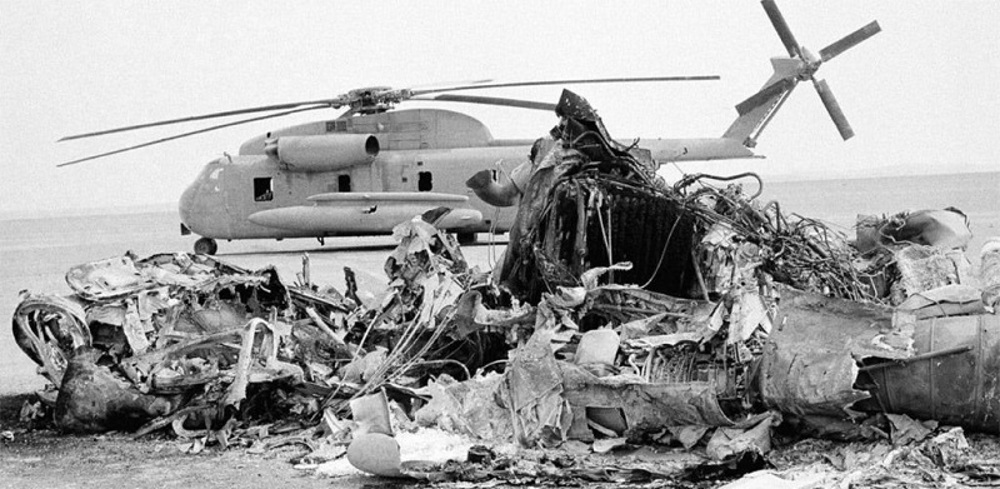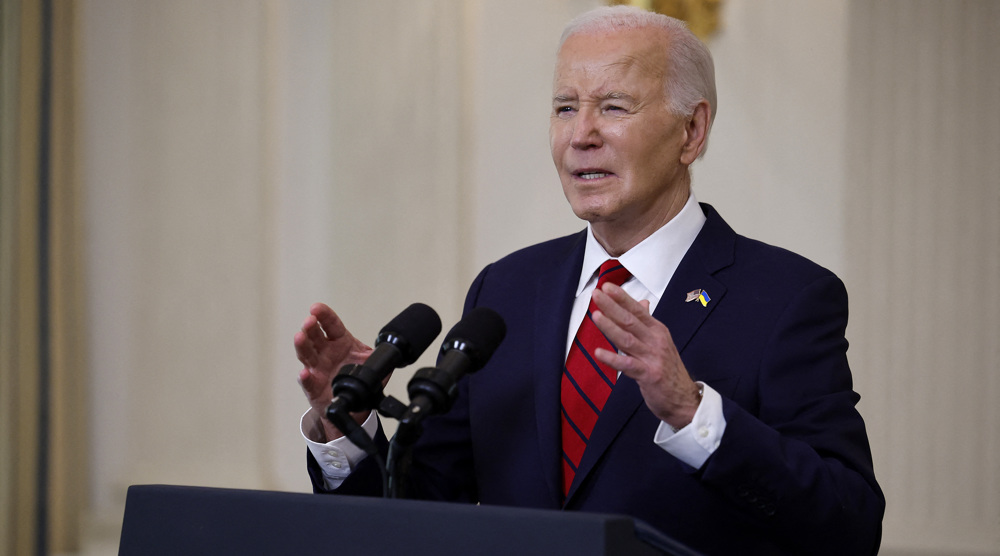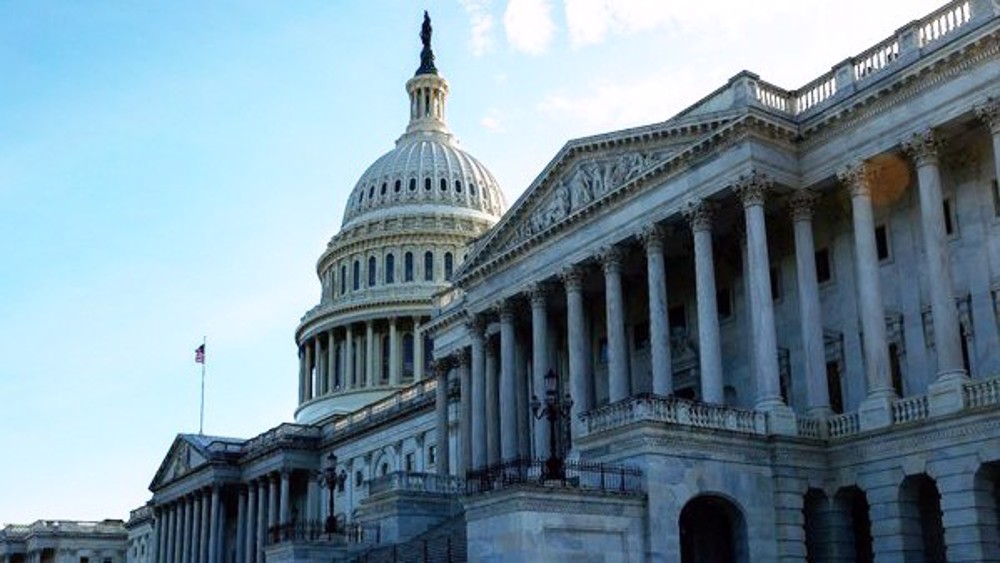UN says US sanctions on Myanmar over Rohingya massacre not enough
The UN special rapporteur on human rights in Myanmar says US sanctions imposed this week on Myanmar's military leaders over Rohingya Muslims should have been tougher and applied to more generals.
Yanghee Lee said in Malaysia Thursday the measures against army chief Min Aung Hlaing and three others as a result of their role in the "ethnic cleansing" of the Rohingya in did not go far enough.
She went on to stress that Washington should go further by seizing their assets, and those of their families, and extending the sanctions to cover other senior commanders.
The US State Department announced on Tuesday that Aung Hlaing and other senior commanders, Brigadier Generals Than Oo and Aung Aung, were responsible for the massacre of Rohingya Muslims in Myanmar.
US Secretary of State Mike Pompeo said a recent disclosure that the army chief had ordered the release of Myanmar soldiers convicted of "ethnic cleansing" of Rohingya in 2017 was "one egregious example of the continued and severe lack of accountability for the military and its senior leadership".
The US, Canada and the European Union have previously passed sanctions against members of the Myanmar’s military, but stopped short of reaching the very top of the leadership.
The US has also stopped short of calling the massacres as genocide, preferring instead to characterize them as "well-planned and coordinated" campaign of mass killings, gang rapes and other atrocities.
Myanmar’s western Rakhine state came to global attention in 2017, when the army drove thousands of ethnic Rohingya across the border into Bangladesh.
Last year, a UN fact-finding mission said the campaign against the Rohingya was orchestrated with "genocidal intent". It urged charging the army chief and five other generals with the "gravest crimes under international law".
The International Criminal Court (ICC) has already opened a preliminary examination into the violence.
About 800,000 Rohingya Muslims are living in camps in Bangladesh after they were driven out of Rakhine during the deadly campaign in 2017, which the United Nations has described as ethnic cleansing.
Rakhine has been the scene of communal violence since 2012. Many Muslims have been killed, while tens of thousands have been forced to flee as a result of attacks by Buddhists. The refugees largely live in camps in dire conditions.
The Rohingya have inhabited Rakhine for centuries, but most people in Buddhist-majority Myanmar see them as unwanted immigrants from Bangladesh and the state denies them citizenship.
Gaza faces imminent famine as people starving to death: UN warns
North Korea to stand up to sanctions, bolster military power: Official
Hezbollah says 2,000 Israeli forces killed, injured in operations since Gaza war began
War of wills: Iran army chief vows crushing response to any aggression
April 24: ‘Axis of Resistance’ operations against Israeli occupation
Tabas sand defeats US military
'US secretly sent long-range ATACMS missiles to Ukraine in recent weeks'
Iran: Awakened world public opinion determined to stop Israel war crimes













 This makes it easy to access the Press TV website
This makes it easy to access the Press TV website